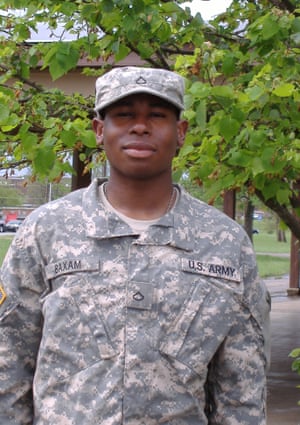It is related that a group of people
were once seated in the company of Al-Hasan Al-Basri, when some men
passed by, dragging along with them a body of a dead man. When Al-Hasan
saw the dead man, a glint of instant recognition could be discerned in
his eyes, and he fell unconscious from the shock of some memory that had
just been rekindled.
When he regained consciousness, his companions asked him what was wrong with him.
He said: This man – referring to the dead man being dragged along on the ground – used to be one of the best worshipers and one of the most renowned ascetics (in the world) (renouncing all the temporary pleasures of this world because he was so busy and devoted to worship).
One day he left his home, intending to go to the Masjid to pray, but on the way, he saw a beautiful young Christian women, who became an immediate temptation to him.
When he proposed to her, she refused, saying; “I will not marry you until you become an adherent of my religion.”
He went on his way, but as time went on, he yearned for her continued to increase. He then succumbed to her wish and exited from the fold of (Islam) the religion of pure, unadulterated Monotheism.
When he regained consciousness, his companions asked him what was wrong with him.
He said: This man – referring to the dead man being dragged along on the ground – used to be one of the best worshipers and one of the most renowned ascetics (in the world) (renouncing all the temporary pleasures of this world because he was so busy and devoted to worship).
One day he left his home, intending to go to the Masjid to pray, but on the way, he saw a beautiful young Christian women, who became an immediate temptation to him.
When he proposed to her, she refused, saying; “I will not marry you until you become an adherent of my religion.”
He went on his way, but as time went on, he yearned for her continued to increase. He then succumbed to her wish and exited from the fold of (Islam) the religion of pure, unadulterated Monotheism.





